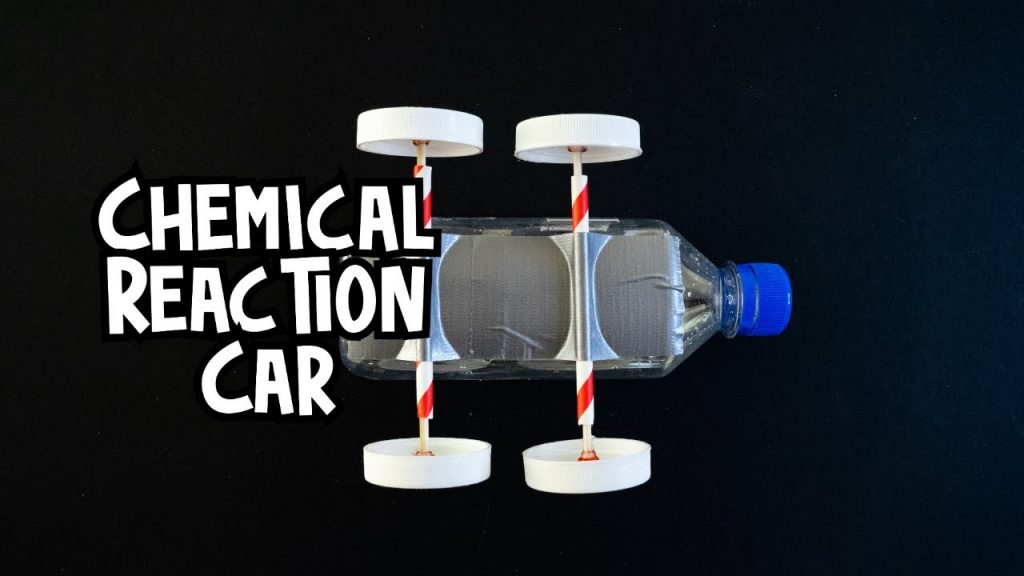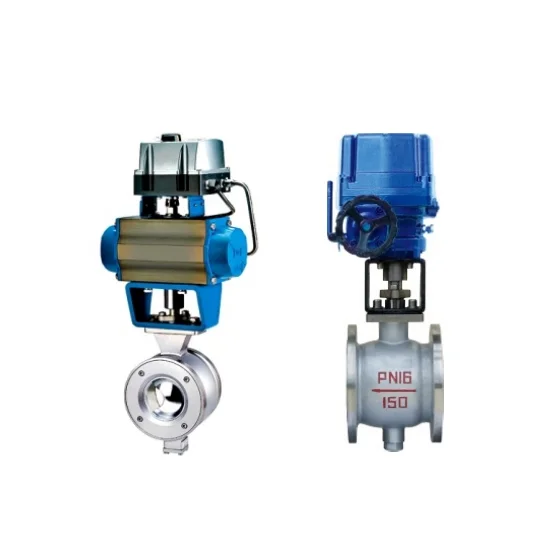Car engine wash is a topic of concern for many vehicle owners. While maintaining a clean engine is essential for optimal performance and longevity, there are valid concerns about the safety of the process. In this blog post, we will delve into the question, "Is car engine wash safe?" and explore the best practices to ensure a safe and effective engine cleaning experience.
- Understanding the Importance of Car Engine Wash:
A clean engine not only enhances the overall appearance of the vehicle but also plays a crucial role in its performance. Regular engine wash helps remove dirt, grime, and debris that can accumulate over time, potentially leading to engine overheating, corrosion, and reduced efficiency. However, it is essential to approach engine wash with caution to avoid any potential damage. - The Safety of Car Engine Wash:
When performed correctly, car engine wash is generally safe. However, there are a few factors to consider to ensure safety:
a. Avoiding Electrical Components: Before starting the engine wash, it is crucial to protect sensitive electrical components, such as the battery, alternator, and fuse box, from direct water exposure. Covering these areas with plastic bags or waterproof covers can prevent potential damage.
b. Using Appropriate Cleaning Products: Choosing the right cleaning products is vital to prevent any adverse effects on the engine. Opt for engine-specific degreasers and cleaners that are designed to dissolve grease and grime without causing harm to the engine components.
c. Proper Technique: It is important to follow the recommended techniques for engine wash. Avoid using high-pressure water jets directly on sensitive areas, as it may force water into electrical connections or damage delicate components. Instead, use a gentle stream of water and a soft brush to clean the engine surfaces effectively.
- Best Practices for Car Engine Wash:
To ensure a safe and effective engine wash, consider the following best practices:
a. Read the Vehicle Manual: Before attempting an engine wash, refer to the vehicle manual for any specific instructions or precautions provided by the manufacturer.
b. Perform Engine Wash on a Cool Engine: It is advisable to wash the engine when it is cool to prevent rapid temperature changes that could potentially damage the engine.
c. Disconnect the Battery: To minimize the risk of electrical damage, disconnect the battery before starting the engine wash. This step ensures that no power is running through the electrical system during the cleaning process.
d. Protect Sensitive Components: As mentioned earlier, cover sensitive electrical components with plastic bags or waterproof covers to prevent water damage.
e. Use a Degreaser: Apply an engine-specific degreaser to loosen and dissolve grease and grime effectively. Allow the degreaser to sit for a few minutes before rinsing it off with a gentle stream of water.
f. Dry Thoroughly: After rinsing, use compressed air or a clean cloth to dry the engine thoroughly. This step helps prevent moisture-related issues and ensures the longevity of the engine.
Conclusion:
Car engine wash, when performed with care and following the best practices, is generally safe and beneficial for the overall health of the vehicle. By understanding the importance of engine cleanliness and adhering to proper techniques, vehicle owners can maintain a clean engine without compromising its safety or performance. Remember to always prioritize safety and consult professionals if you are unsure about any aspect of the engine wash process.




More Stories
Industrial Applications of Trina Solar Panels: Powering Large-Scale Operations
What Is Smart Configurable Backup Power and How Does It Differ from Traditional Backup Solutions?
Pytes High Voltage Battery Series — Efficient, Scalable Energy Storage for Home, Commercial and Industrial Use